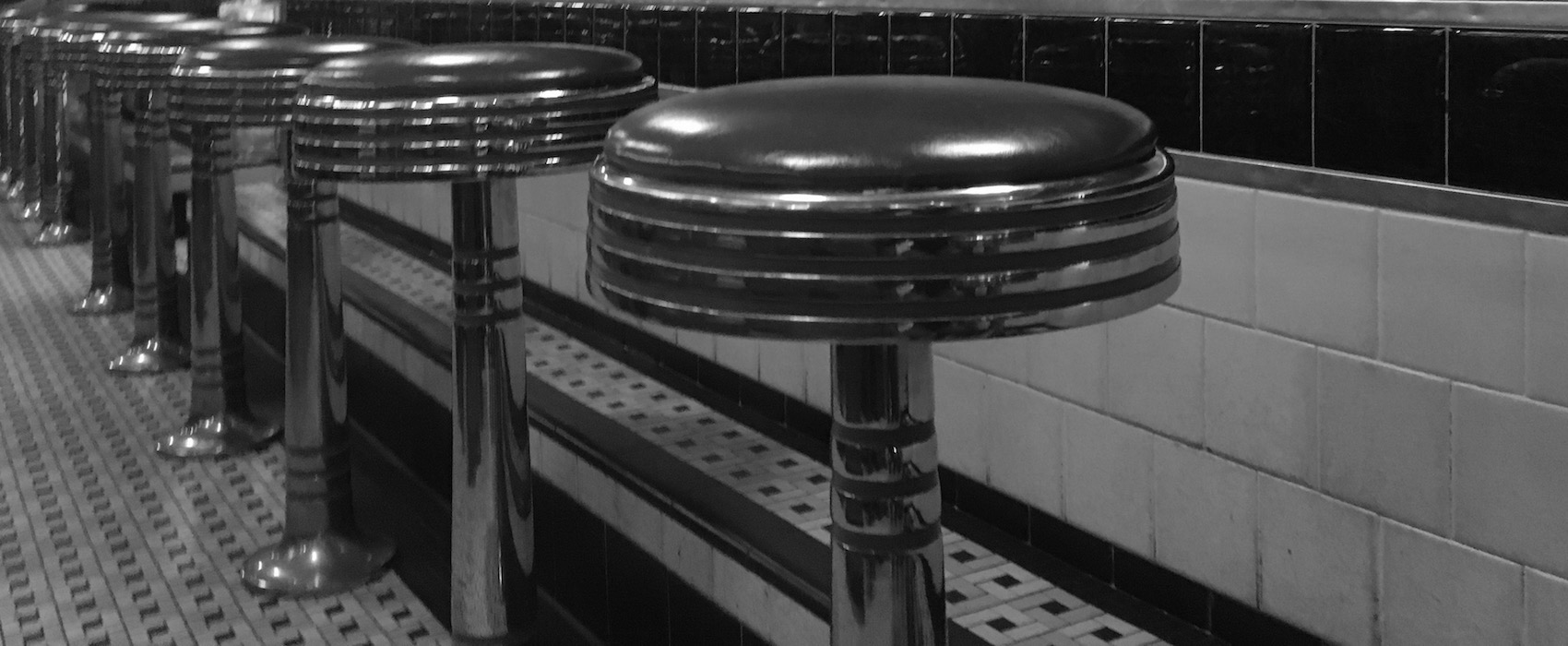Sitting in cafes in each city I visited in the USA, it was easy to conclude that the majority of Americans feel the most in possession of themselves when they are ordering food or otherwise consuming. This – and the particularly ‘American’ way that people go about their work – seemed most fully embodied in the New Yorkers pounding the pavements of Manhattan.
Was this the triumph of the process that Edward Bernays, Sigmund Freud’s nephew, set in motion in the 1920s? Having studied his uncle’s work Civilisation and its Discontents he set about using his analysis of the subconscious to steer people towards consumption. As Adam Curtis showed in his film The Century of the Self used the insights about collective desire to encourage women to smoke, wear hairnets and dresses on the basis that clothes were more not simply functional, but a means of self-expression and persuaded people to invest their money – or borrow from banks – in order to buy shares on the stock market.
A journalist noted in 1927 that “the American citizens first importance to his country is now no longer that of citizen, but that of consumer”. This was surely a double whammy – not only did Bernays succeed in subverting people’s potentially dangerous desires at a time when there was widespread fears about communism, but by co-opting those desires for the service of capitalism created what US President Herbert Hoover described as “constantly moving happiness machines” who always wanted more.
Sitting in a cosy cafe with friends recently, we discussed the significance of choice and the impact on individuals and society if our capacity to choose is engaged primarily in the matter of consumption. What are we left with if our power to consume is curtailed? After the 2008 crash, there were suggestions that people were still going to the shops even if they weren’t buying. In Detroit the industry has gone, jobs have gone and there are no shops, save an incongruous Ikea, a Carhardt and one or two other high end clothing stores. What becomes of people whose lives and communities embodied the American dream when the dream has crashed and burned?
In Greece, where there is a deep culture of family and support, there is some hope that this will enable people to dig deeper and find ways to rebuild. When I asked him what he thought Americans had to fall back on, AJ O’Nell of Detroit Bold said there were strong family ties and kinship among Black Americans, although he acknowledged the harm dominant American culture had done them. A taxi driver, ‘Q’ who told me he always dressed well in response to being the poor kid growing up, said you have to be humble to get through what happened in Detroit, and you also have to be adult. Perhaps that’s a good place to start as we begin to look for a path out of capitalism.

Leave a Reply
You must be logged in to post a comment.